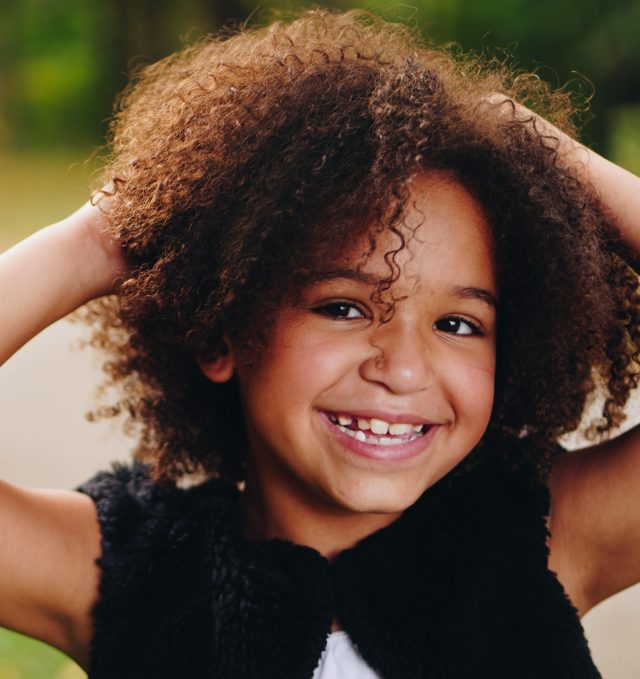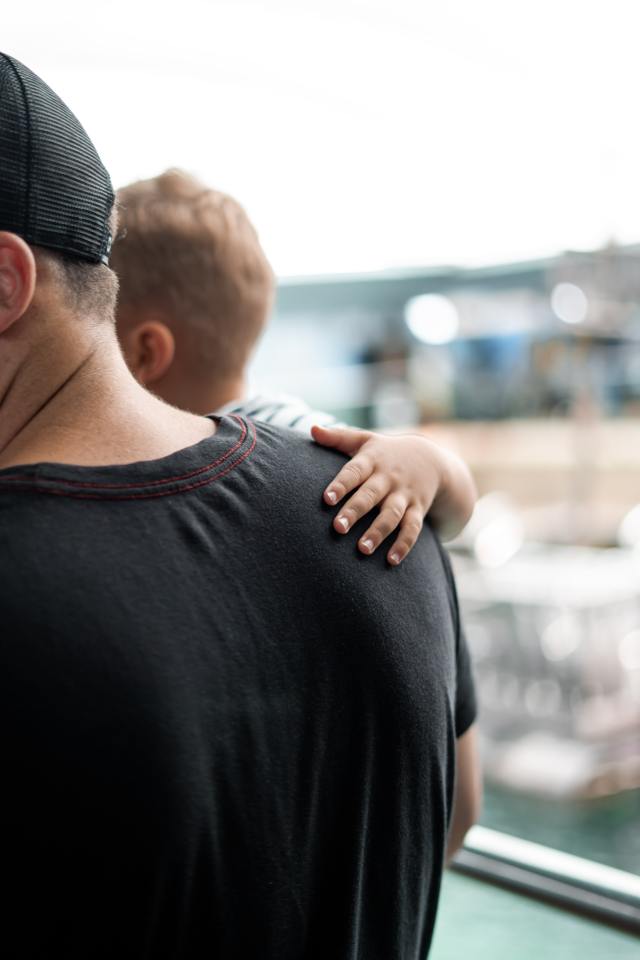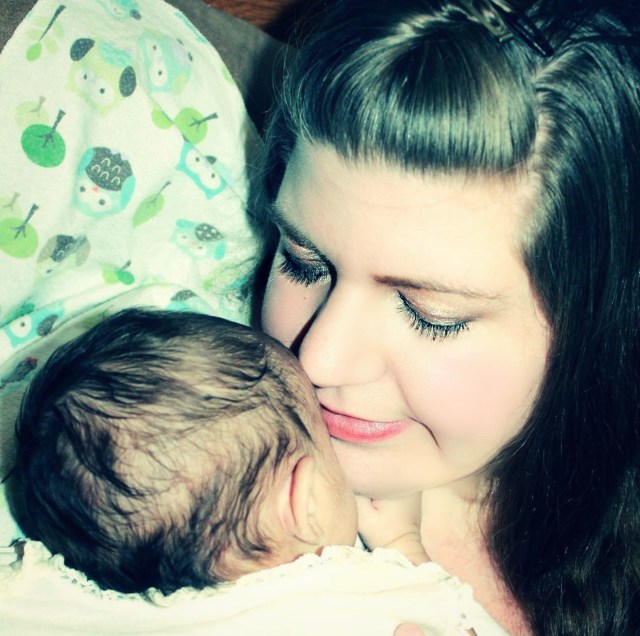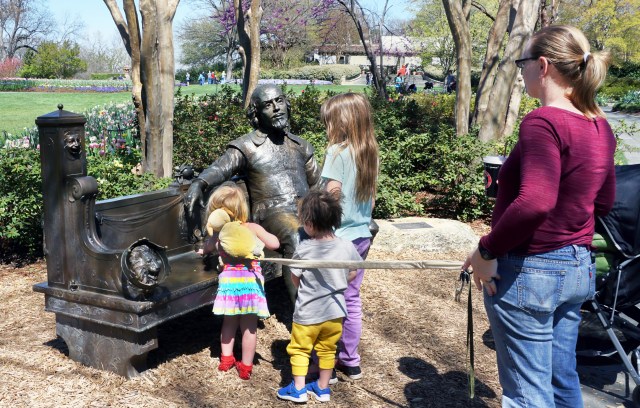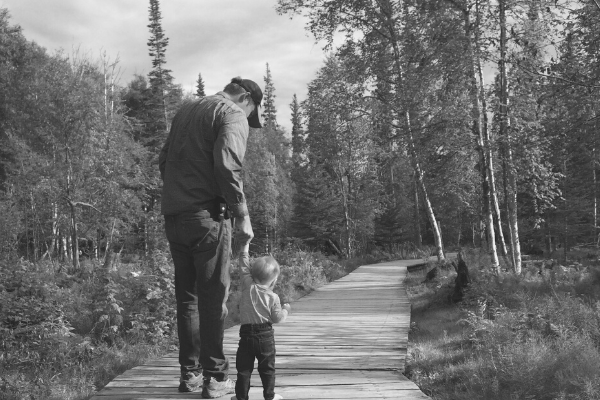
Photo: Nathan Dumlao via Unsplash
Have you ever met someone who just radiates joy at even the simplest of things? Joy sometimes seems like a hard thing to explain. It’s a feeling that everyone experiences differently. Maybe you, as a parent, find joy in a clean house or when your kids are getting along. Maybe your kids find joy in going out for ice cream or playing with their best friends.
During this pandemic, everyone could use a little bit more joy, even your children. Schooling at home might be stressing them out, and not being able to see their friends and family could be bringing them down. However, there are so many other ways to cultivate joyfulness.
Here’s how to bring more joy to your child’s life.
1. Set an Example of Joy
Your child’s joy starts with you. If you aren’t setting an example of what joy looks or feels like, then your child can’t begin to cultivate joyfulness in their own life. Children look to their parents to teach them almost everything, including emotions, which means if you’re feeling stressed, your child is likely stressed as well.
If you’re having trouble finding joy in your life, take the time to get to the root of the problem. Is it your job? Is it a past insecurity? Is it a relationship in your life? Once you find the root cause, you can begin to change your life to find joy in situations.
2. Spend Time with Them
One of the simplest ways to bring more joy to your child’s life is by spending more time with them! Human connection is one of the most basic human needs and desires. Humans are meant to spend time with each other. Of course, jobs and other priorities—like getting groceries for your family—are important, but time with your child is just as important.
Make your child and family a priority in your life if they aren’t right now. You’ll notice an increase of joy and happiness in your children.
3. Head Outside
There’s nothing quite like the great outdoors. Stepping away from screens and getting a change of scenery is an easy way to cultivate joy in your child. Between the fresh air, sunshine, and open world of opportunity to run and play, your child will be sure to feel a sense of joy.
Nature offers beauty as well. You can show your child the sunset, a forest, and animals, and they’ll be delighted! Not to mention, they’ll be soaking in vitamin D and exercising, both of which also bring joy.
4. Redirect Their Negative Thoughts
Everyone has negative thoughts. It’s, unfortunately, part of the human brain and part of life. They can quickly lead to anxiety or stress, which can be dangerous for your child. When they have a negative thought, put a spin on it so it has a positive outcome.
For example, if your child is stressed about an upcoming exam, change those negative thoughts into something positive. If they study enough and learn the materials, their good grade will reflect their hard work.
5. Schedule Playtime into Their Day
Playtime is essential in a child’s development. It seems these days, children don’t play enough or are equating play with screen time. While some screen time can be playing, like a video game or learning activity, your child needs physical play, which will bring them so much joy.
Children can spend hours playing, even if all they have is a cardboard box. Initiate play with them, and spend a few moments in their world. You and your child will feel an overwhelming sense of joy and laughter as you play together.
6. Help Others
Have you ever helped someone and feel so happy afterward? The joy you feel when volunteering or helping a friend can be taught to your children as well. Set up a day to volunteer or help a grandparent with a task. When humans help others, a connection unlike any other is made, and you feel joyful when you see the smile on the face of the person you assisted.
Teaching your children to help others will bring more joy into their lives.
7. Offer Physical Affection
When was the last time you hugged your child or showed some sign of physical affection? As your children grow older, they probably won’t hug you as much as when they were young. Children need physical affection as it is one way that you show them you love them. Touch releases oxytocin, which is a feel-good chemical, leading to joy.
Whether you hug, snuggle or give them a kiss goodnight, these kinds of physical attention will bring them joy. They’ll also reduce stress and make your child feel safe and at home.
Kara Reynolds is the Editor-in-Chief and founder of Momish Magazine. A mom of four and matriarch to her big blended family, Kara wants nothing more than to normalize differences in family structures. She enjoys peeing alone, pancakes, and pinot noir - but not at the same time.











